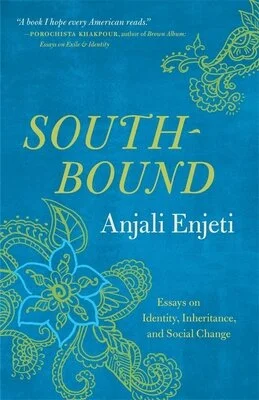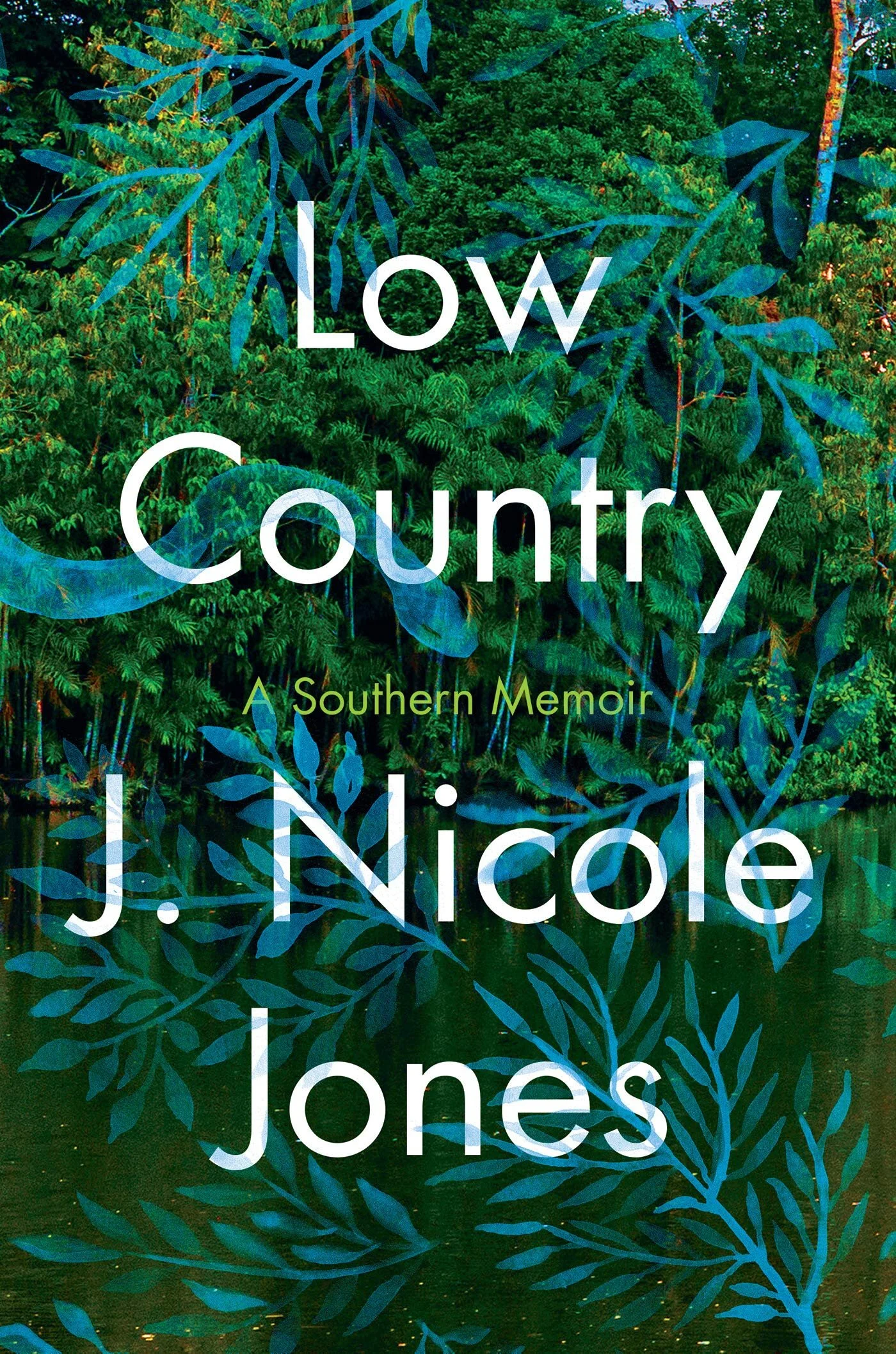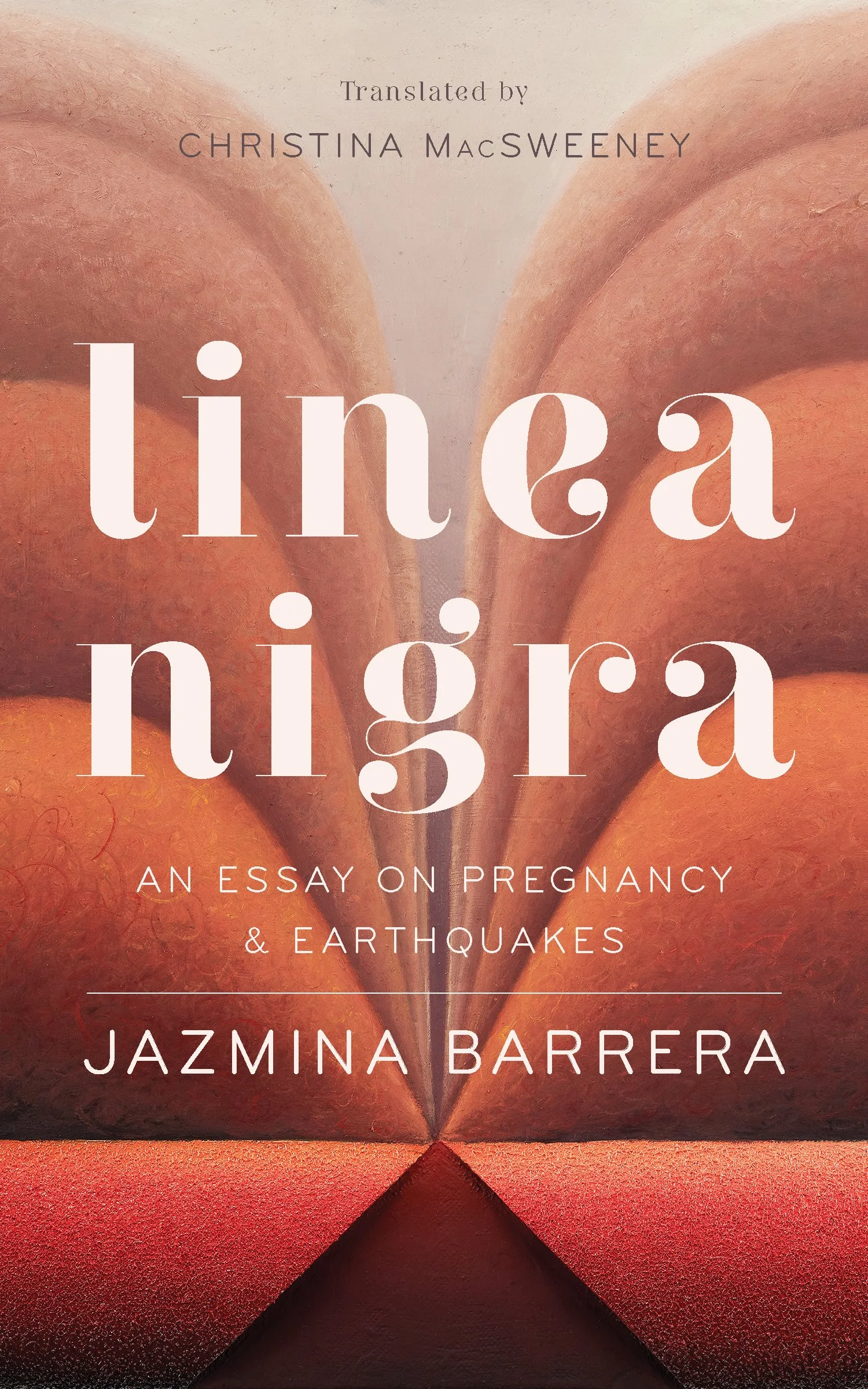Hot Off the Shelf: Southbound: Essays on Identity, Inheritance, and Social Change by Anjali Enjeti
Disclaimer: I received a free copy of this book in exchange for an honest review and I honestly loved it! I hope you love it as much as I do.
Post contains an affiliate link.
For a while now I’ve been really into memoirs and essay collections (and often combinations of both), specifically about identity. I love reading about how people with various identities move through and experience the world. I think this kind of reading is particularly important because it fosters empathy and I learn new things that I hadn’t thought of before by nature of not sharing the identities the author is writing about.
I particularly adore these books when they’re written by Southerners, as Southbound: Essays on Identity, Inheritance and Social Change by Anjali Enjeti does. Southbound shows what Southerners have long known: the South has always been more diverse than outsiders give it credit for. I tend to think that all the bad things people think about the South are actually happening everywhere in the country, but through a confluence of circumstances, the South has become the poster child for all of the US’s ills. But I digress.
Before I live in further, the synopsis:
A move at age ten from a Detroit suburb to Chattanooga in 1984 thrusts Anjali Enjeti into what feels like a new world replete with Confederate flags, Bible verses, and whiteness. It is here that she learns how to get her bearings as a mixed-race brown girl in the Deep South and begins to understand how identity can inspire, inform, and shape a commitment to activism. Her own evolution is a bumpy one, and along the way Enjeti, racially targeted as a child, must wrestle with her own complicity in white supremacy and bigotry as an adult.
The twenty essays of her debut collection, Southbound, tackle white feminism at a national feminist organization, the early years of the AIDS epidemic in the South, voter suppression, gun violence and the gun sense movement, the whitewashing of southern literature, the 1982 racialized killing of Vincent Chin, social media’s role in political accountability, evangelical Christianity’s marriage to extremism, and the rise of nationalism worldwide.
In our current era of great political strife, this timely collection by Enjeti, a journalist and organizer, paves the way for a path forward, one where identity drives coalition-building and social change.
Anjali is Indian, Puerto Rican, and Austrian, all of which meld together and inform the way she sees and writes about her experiences. And every essay was compelling. I don’t say that lightly because sometimes when I read an essay collection several essays are compelling or even most are compelling, but there always seems to be one or two that miss the mark. That’s not the case here––every essay is worth your full attention.
A couple of my favorites included
The essay where Anjali talks about interning for NOW, the National Organization for Women, and seeing the flaws of hierarchical structure, as well as the racism of the white feminists in the organization.
The elegy for Vincent Chin, which was so beautifully done and was heartbreaking. I don’t think I’ve ever seen an essay hold so much compassion. While all the essays are excellent, Vincent’s elegy is a standout.
The essay where Anjali is talking about the threats of school shootings while having three daughters in school and how her oldest felt she “might as well get used to it.” Since I don’t have kids or know any high school-aged kids, I’ve often wondered how they feel with the increase in school gun violence and that essay gave me some heartbreaking insight.
The essay where she’s the only one in her friend group not to get an invitation to an all-white debutante ball. In it, she so perfectly discusses the paradox of knowing an institution is flawed and still being hurt that you’re not welcome in it, or at least invited to participate, especially when other people you’re close to are.
The essay where she talks about her miscarriage. As someone who doesn’t have children and never intends to, the gut-wrenching, emotionally harrowing pain around miscarriage is somewhat of a mystery to me. I appreciate how candidly Anjali wrote about her experience.
The essay where she interviews couples separated by border patrol and immigration issues. A not-so-fun fact: the whole “just get married to someone from the US to get citizenship” thing is a lot more complicated than you think.
The essay on the whiteness of Southern literature. Not just because what Anjali says is brilliant (and it is) but also because it’s like a really great book blog.
I’ve deliberately not mentioned the titles of these essays because if you get the book I don’t want you to skip around. Like any good book, they all build upon one another.
My only real complaint about the book is that at times, while all well-written, the essays seem disjointed when considered together. For example, there’ll be some deeply personal essays about Anjali’s life, then some critique about representations in media (such as books) that are somewhat connected though not as deeply personal, followed by essays that are more journalistic. In the journalistic essays it’s almost as though Anjali has been completely removed except for the fact that we’re seeing the story through her eyes––but she’s not a part of the story, nor is she really critiquing what she’s seeing. The voice is given over completely to the subjects. Don’t get me wrong, Anjali excels in all these styles, it’s just a little jarring to have such wildly different genres and formats of storytelling within the same book, especially when some of the stories are journalism and the book is advertised as a memoir.
But again, that’s not at all a deal-breaker. I loved this book and highly recommend it!
If you’d like a copy (and I hope you do!) you can find Southbound by Anjali Enjeti at your favorite indie bookstore, directly from the publisher, or if you want to buy online, from my Bookshop link. Buying through my Bookshop link fights Amazon and supports both me and Anjali––a win-win!






